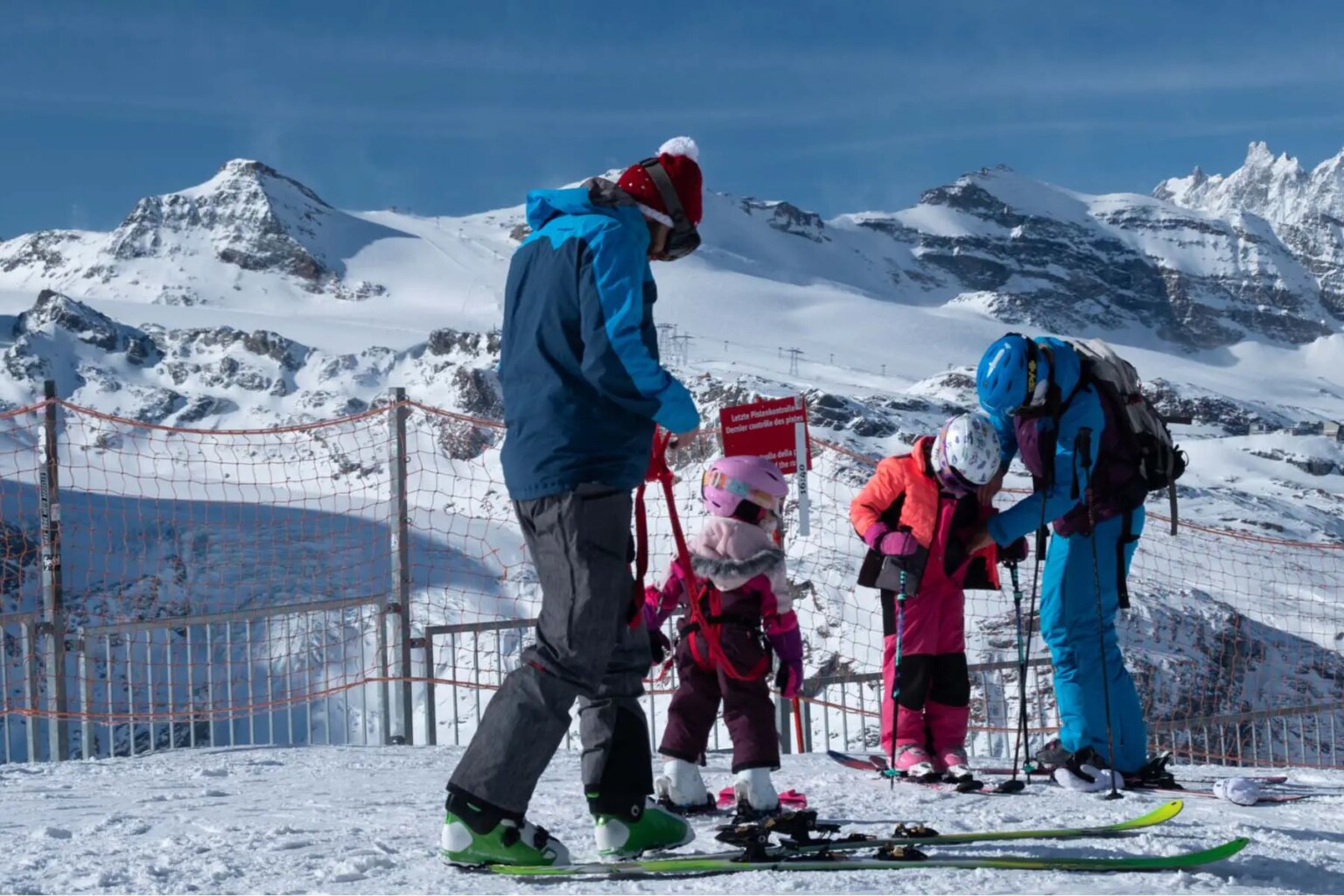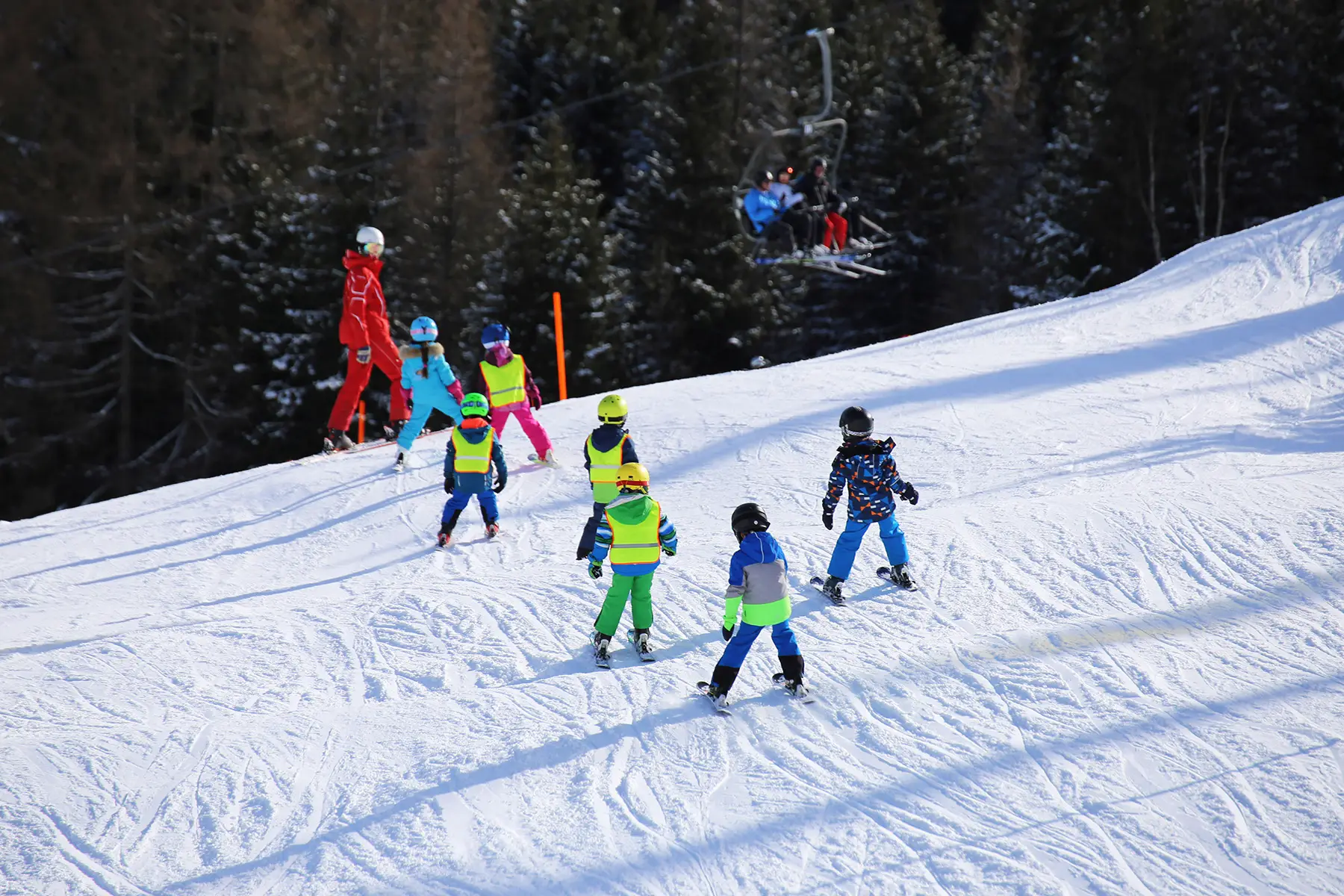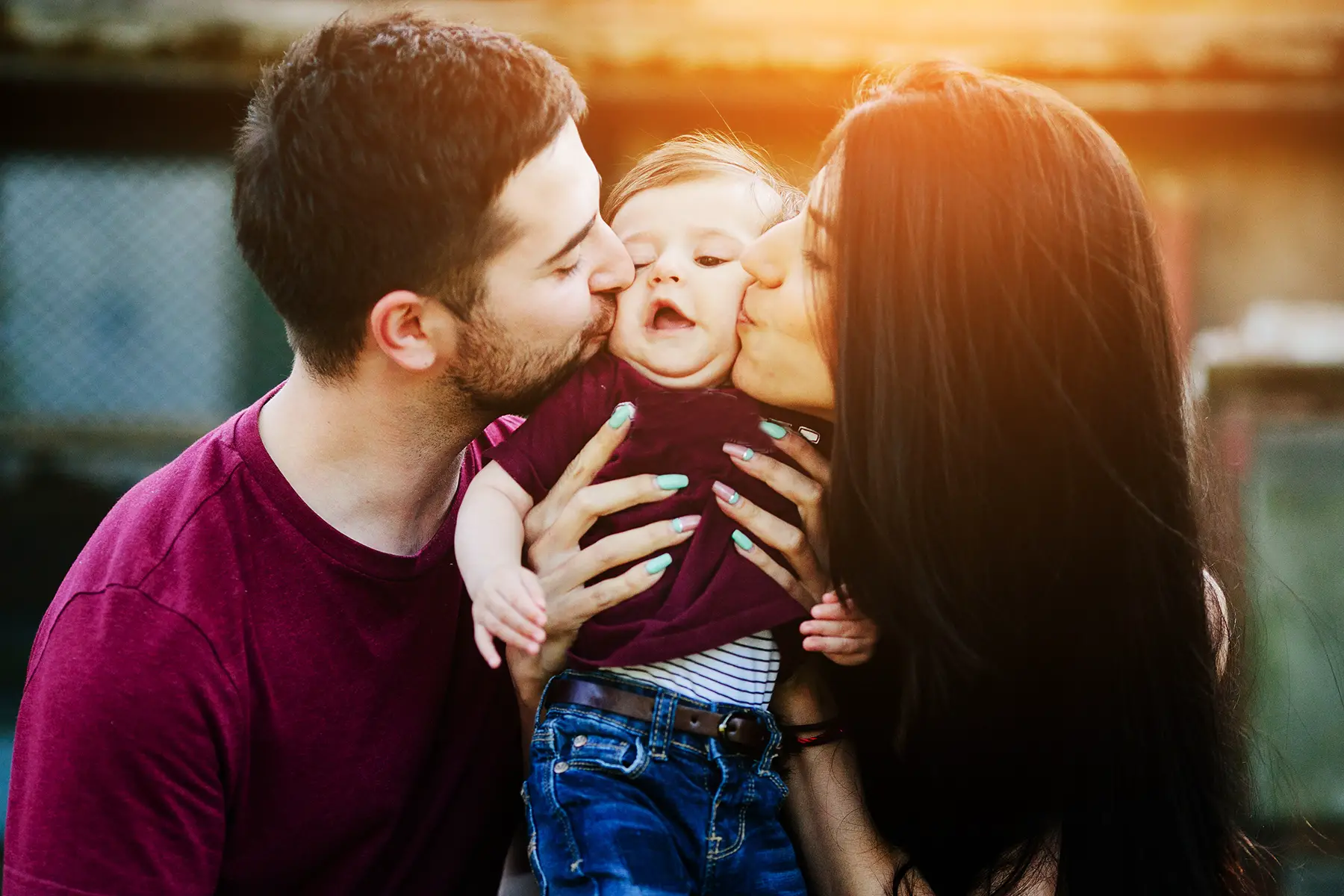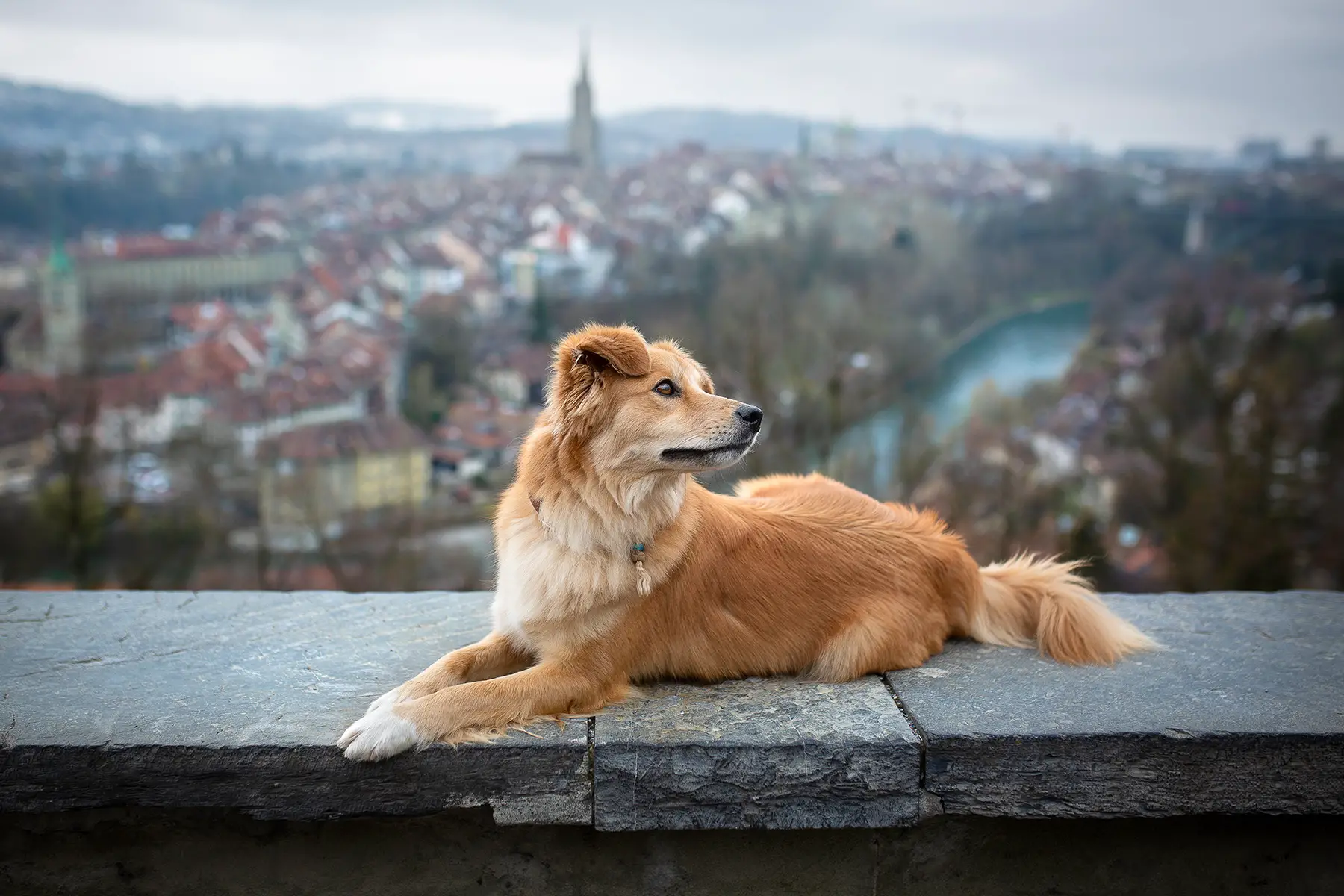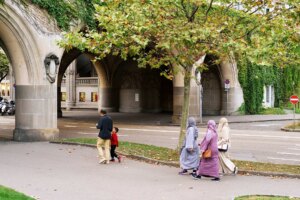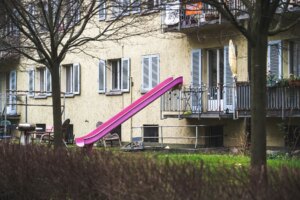There is no doubt that Switzerland is a great place to raise children. After all, the country is safe and offers a high level of healthcare and education. Not only that but there are numerous child-friendly activities and attractions that families can enjoy together. However, depending on where they come from, newly-arrived expat parents may find the hands-off parenting style in Switzerland a little confronting,
To help you prepare yourself for raising children in Switzerland, this article provides the following information:
- Family norms in Switzerland
- Children and parents in Switzerland
- Parenting in Switzerland
- Families with special needs in Switzerland
- Adopting and fostering in Switzerland
- Grandparents and the elderly in Switzerland
- Extended family in Switzerland
- Family pets in Switzerland
- Work and welfare for families in Switzerland
- Family health and wellbeing in Switzerland
Family norms in Switzerland
For new expats, parenting in Switzerland may look a little different from what they might be used to in their home country. This is largely because the Swiss tend to take a particularly liberal approach when it comes to raising children, despite adhering to many of the traditional family norms that other nations do.
The nuclear family, which consists of two parents and usually one or two children, is a very common structure in Switzerland. However, an increase in divorce rates and an aging population have wrought some changes.

As a result, it is somewhat more common to see single-parent households (13%), or ‘patchwork households’ (6%) that incorporate extended family or same-sex partnerships. In rural areas, however, traditional family structures still have a stronghold.
Family is central to life in Switzerland, with parents, children, and extended family often spending time together. For example, meals are a time for families to come together and chat about their days. Sunday is also an important day for families to spend time together, especially in the outdoors.
Grandparents often involve themselves with their grandchildren’s lives too, spending quality time with them and helping with childcare.
Despite families having strong bonds, independence is very important in Swiss culture. Parents generally encourage their children to be independent from a young age, and most young people move out of the family home when they are around 24 or 25 years old.
Notably, extended family may live nearby, but usually not in the same home. Meanwhile, grandparents may live in retirement homes or aged care facilities if they are unable to live independently.
When it comes to gender roles within the family unit, men and women are fairly equal and share the household chores. They may even get the children to help when they are old enough.
Family activities and attractions
Given that family is a central part of Swiss life, spending time with your children is a fundamental part of parenting in Switzerland. Fortunately, the country offers an abundance of wonderful, family-friendly adventures to enjoy in the great outdoors, such as skiing, mountain biking, and hiking.
There are also numerous kid-friendly attractions in and around major cities like Zurich and Bern, including museums, castles, and botanical gardens.
Because Switzerland is generally very child-friendly, most public facilities have provisions that cater to parents and children. For example, there are family carriages on trains, numerous playgrounds, baby-changing facilities, and stroller rentals across the country. Some airports also have large indoor play areas with slides and climbing frames for toddlers and younger children.
Children and parents in Switzerland
Attitudes towards children
When it comes to parenting in Switzerland, children are usually treated as little adults and given a lot of independence from a very young age. Parents tend to let them do a lot of things on their own or try things for themselves. For example, it is not unusual for young children to walk to primary school alone or with friends.
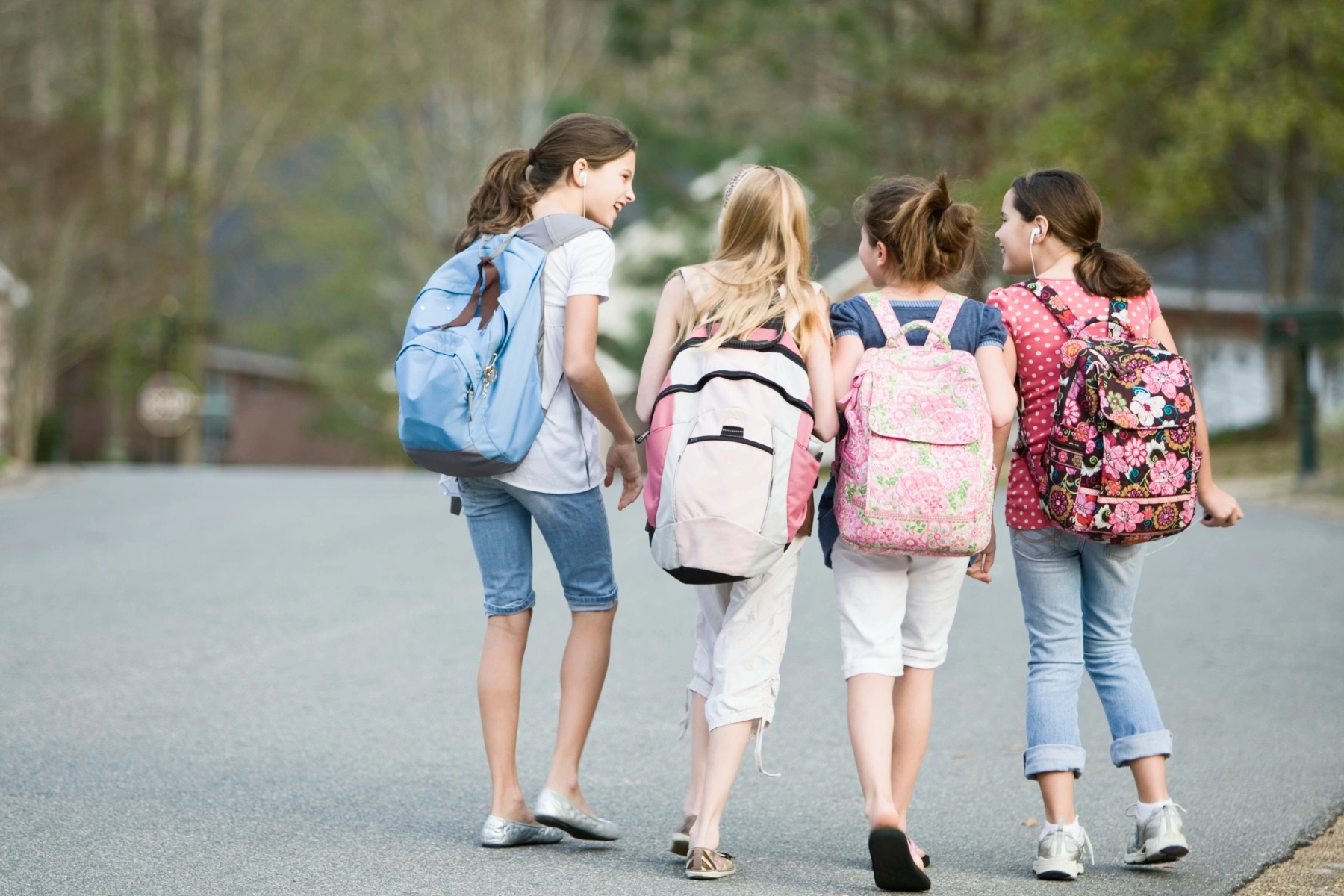
Moreover, parents usually instill a substantial amount of trust in their children, and listen to – and respect – their opinions. Naturally, this style of parenting may take some getting used to, especially if you are moving to Switzerland from a country that takes a more hands-on approach to raising children.
Childbirth
Switzerland’s basic health insurance covers the full range of maternity services from the 13th week of pregnancy through to delivery. This includes all the usual checkups and tests, prenatal classes, the delivery itself, and even breastfeeding consultation.
Mothers can choose to have their baby in a hospital with obstetricians and doctors, at home, or in a birthing center with a midwife. Immediately after the birth, the baby will undergo a comprehensive series of tests to assess their health and development, including the Apgar test. Parents will also be given the chance to begin the recommended – but not mandatory – series of childhood vaccinations.
Childcare
There are a host of public and private childcare options in Switzerland. For example, young children can go to crèches, krippen (daycare centers), or nurseries up to the age of four when they begin preschool. However, the majority of crèches are private and availability can vary from canton to canton.
Childcare in Switzerland isn’t free, however, there are some subsidies and allowances available to parents. Public facilities, which are government-subsidized, and also cheaper. That said, places tend to be more limited.
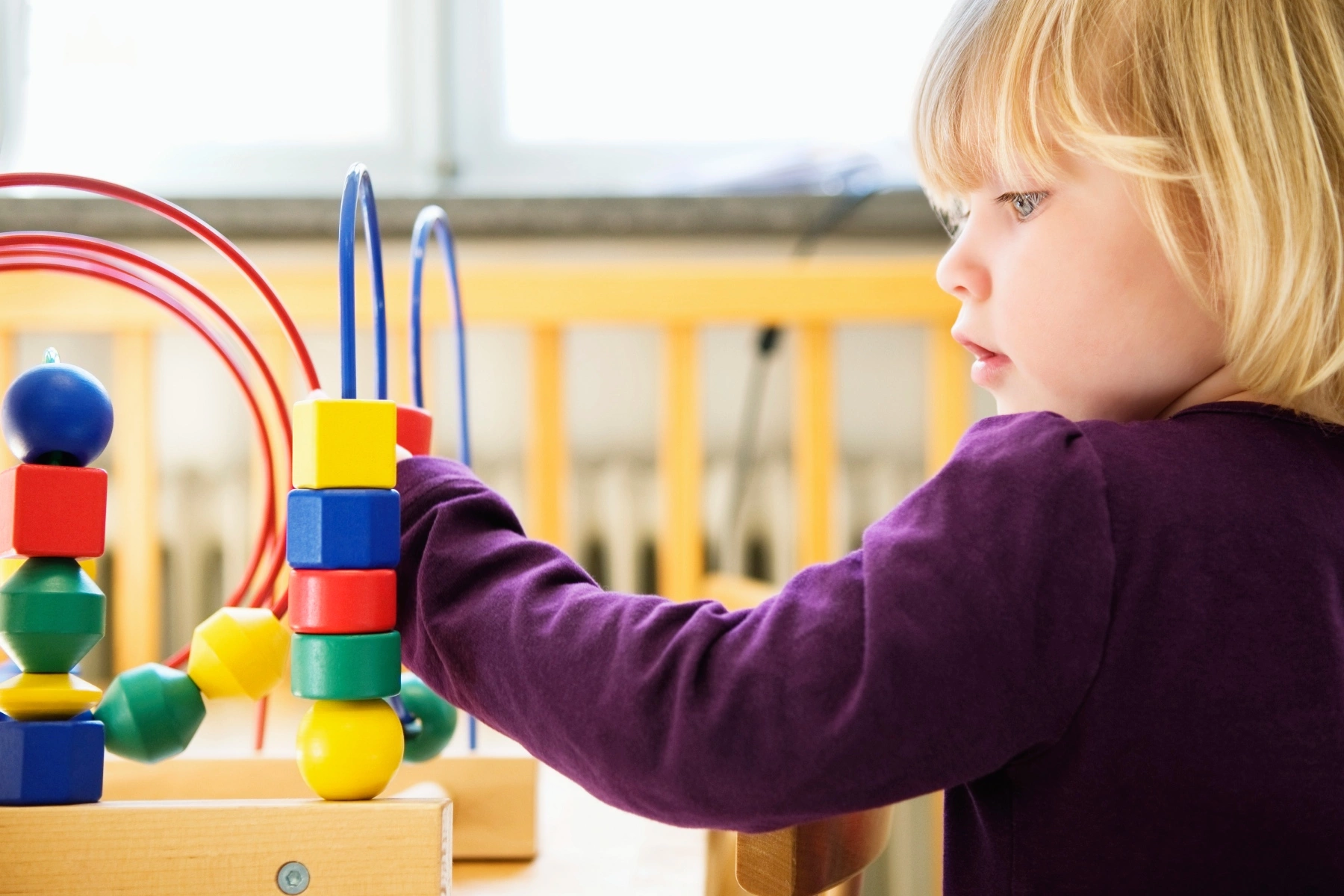
Because waiting lists for daycare can be quite long, expectant parents are advised to begin their search early on in pregnancy. You can discover what public and private facilities are available in your area by contacting your local municipality.
At-home care is another option for parents who might want to consider hiring an au pair, nanny, babysitter, or childminder.
Education
Switzerland has one of the best education systems in the world and because of this, expat parents can be assured that their children will receive a world-class education.
The education system in Switzerland is split across the public and private sectors. Although public schools offer a good education, expat children may struggle with the language barrier given that classes are conducted in one of the country’s four official languages: German, French, Italian, and Romansh.
For this reason, many expats choose to send their children to private international schools that teach classes in English and several other languages. Some of these schools are also bilingual or multilingual and offer globally-recognized qualifications such as the International Baccalaureate (IB) diploma.
Parenting in Switzerland
Swiss parenting styles
As mentioned, parenting in Switzerland can be quite liberal and geared towards raising independent children. As such, “helicopter parenting” (where caregivers are highly involved in their child’s life) is not a part of Swiss culture. Instead, parents prefer to encourage their children to learn and discover through their own experiences.

This relaxed approach to parenting can generally be found throughout Switzerland, despite the country’s cultural diversity. That said, you may hear children and parents refer to each other in different terms depending on which canton you are in.
Here are the terms for mother, father, son, and daughter you might here across the country:
- Swiss-French: père/papa (father/dad) / mère/maman (mother/mom) / fils (son) / fille (daughter)
- Swiss-German: vater/vati (father/dad) / mutter/muti (mother) / sohn (son) / tochter (daughter)
- Swiss-Italian: padre/papa (father/dad) / madre/mama (mother/mom) / figlio (son) / figlia (daughter)
- Romansch: bab (father) / mumma (mother) / fegl (son) / feglia (daughter)
Parents also have a wealth of affectionate nicknames for their children in French, German, and even Italian. Within Switzerland’s international communities, however, you will still often hear mum and dad.
Raising teenagers
Parenting in Switzerland can be very hands-off, and this is especially the case with teenagers. The Swiss tend to form long-lasting friendships at a young age and these are often cemented through their social lives as teenagers.
Being outdoors is a crucial part of teenage life in Switzerland and most of them tend to enjoy skiing, mountain climbing, biking, and soccer. Many also participate in school or community activities, such as sports, clubs, and extra-curricular activities. Most teens also enjoy music, which is often a mandatory class in school.
It is also common for Swiss teenagers to begin navigating the local nightlife. As a result, you will often see them socializing in restaurants, clubs, and bars, especially since the legal drinking age is 16. Many teens also begin dating around the age of 14.
Parenting support and classes
There are numerous parenting classes in Switzerland and many of them help prepare prospective parents for birth and early-years childcare.
Prenatal and antenatal classes are often included in health insurance plans and are widely available at hospitals, private clinics, and even community centers throughout Switzerland. For example, the City of Zurich offers a There For You advisory service for parents of children up to the age of five. Some nurseries and daycares, such as Zurich’s Children First, also offer family support.
Moreover, many schools have a parent-teacher association type of program where parents can participate in their children’s schools. You should contact the school directly to inquire about this.
Families with special needs in Switzerland
Parenting in Switzerland might not come with a lot of governmental support, but some provisions are available for families who have children with disabilities or special needs.
For early childhood, there are over 100 intervention services that operate in the family home or onsite at dedicated facilities. While some of these are private – such as Geneva’s All Special Kids – others operate through the canton’s local authorities.
In addition, Switzerland is making strides towards including special educational needs (SEN) in mainstream public primary schools and secondary schools.
Moreover, there are specialist schools that focus entirely on helping children with disabilities or special needs learn in a safe and nurturing environment. You can read more about this on the European Agency for Special Needs and Inclusive Education website.
Adopting and fostering in Switzerland
There were 529 adoptions in Switzerland in 2022 and of these, 87 were by same-sex couples. Technically, anyone who fulfills certain basic criteria can adopt a child, either as a couple or a single parent.
To adopt within Switzerland, prospective parents must go to the central adoption agency of their local canton. For overseas adoptions, on the other hand, they have to go through agencies that have approval from the federal government.
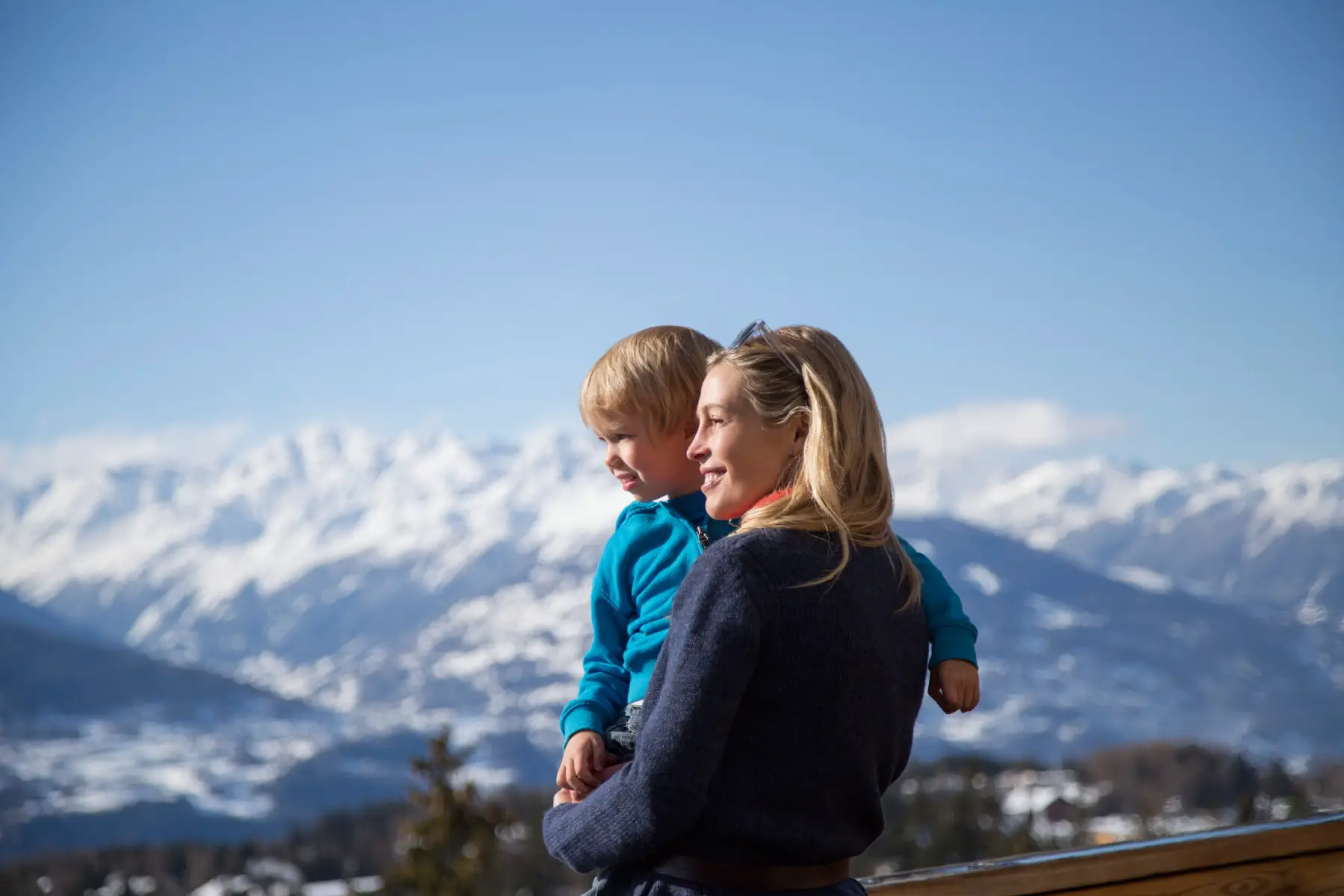
Some basic requirements for all adoptions include:
- A minimum age difference between parent and child of 16 years and a maximum of 45 years
- Proof of being able to provide lasting parenting in Switzerland and education for the child – a social worker will evaluate the prospective parent(s)
- The child (and their biological parents, if known and alive) must consent to the adoption, if capable of doing so
In addition, couples must prove that they are married and have lived together for at least three years. Each parent must also be at least 28 years old and be registered as a resident in Switzerland.
However, there are some cases where a married person can adopt on their own. For example, if they have been separated from their partner for three years, or their partner is not legally competent. Single parents can also adopt if they are at least 28 years old.
Grandparents and the elderly in Switzerland
As mentioned, grandparents are an important part of the family unit in Switzerland. They often help with parenting and childcare and contribute financially to their grandchildren.
However, because of the highly independent nature of Swiss people, grandparents often don’t live in the same household as their children and grandchildren. Instead, they usually choose to live nearby, in their own homes.

Those who are unable to live independently, on the other hand, will often live at retirement homes, aged care facilities, or nursing homes. For example, in 2019, there were 90,342 people undergoing long-term care in Switzerland’s 1,563 nursing homes.
There are different names for grandparents throughout Switzerland, depending on the canton. Here are some of the terms you may come across:
- Swiss-French: grand-père/papi (grandfather) / grand-mère/mamie (grandmother) / petit-enfant (grandchild)
- Swiss-German: grossvater/grospapi (grandfather) / grossmutter/grosi (grandmother) / grosskind (grandchild)
- Swiss-Italian: nonno (grandfather) / nonna (grandmother) / nipote (grandchild)
- Romansch: tat (grandfather) / tatta (grandmother) / beadi/beadia (grandson/granddaughter)
Extended family in Switzerland
The extended family may also have a role to play in parenting in Switzerland. This is because aunts and uncles tend to help with childcare if they live nearby. And, of course, cousins often socialize together, especially when they are young.
Here are some terms for extended family members across the different cantons:
- Swiss-French: oncle (uncle) / tante (aunt) / cousin(e) (cousin)
- Swiss-German: onkel (uncle) / tante (aunt) / vetter/base (cousin)
- Swiss-Italian: zio (uncle) / zia (aunt) / cugin(o/a) (cousin)
Notably, because Switzerland is a Christian country, where many locals identify as either Catholic or Protestant, many parents appoint friends – and sometimes siblings – as godparents (gotti) to their children.
Family pets in Switzerland
The Swiss are an animal-loving nation and pets are a fixture of many households. Indeed, almost half (43%) of Swiss homes own one.
The Swiss Animal Protection (SAP) organization estimates that Switzerland is home to 1.6 million pet cats, more than half a million dogs, roughly the same number of rodents and rabbits, 370,000 reptiles, and more than three million aquarium fish.
Notably, since 2007, all dogs in Switzerland must carry clearly identifiable and forge-proof chips (transponder) and be registered in the AMICUS database. Cats, on the other hand, are not legally required to be neutered, microchipped, or registered, although it is strongly advised.
There are also specific rules for importing animals into the country which is important to be aware of if you intend to move there with your little companion. The country also has rigorous laws in place to protect pets.
Work and welfare for families in Switzerland
In Switzerland, parents do get some parental leave after the birth of a child, as long as they have been making social security contributions for at least nine months and have been working for at least five months.
Mothers can take up to 14 weeks of maternity leave at 80% of their regular income (up to CHF195/day), and then two extra weeks without pay. Fathers, meanwhile, can take up to two weeks of paternity leave at up to 80% of their regular income (up to CHF195/day).
Switzerland also offers some childcare benefits and allowances. This includes the family allowance, childcare subsidies, tax deductions, and discounts for multiple children.
Family health and wellbeing in Switzerland
Children go through a multitude of illnesses. However, parents living in Switzerland will be relieved to know that the country has one of the best healthcare systems in the world.
However, all Swiss residents must buy a basic health insurance package, which they can choose to supplement with private plans. This applies to children, too, who must have their own insurance within three months of birth.
The basic plan covers many useful services for children, including pediatric care, vaccinations, and basic treatments. However, parents will still need to make a co-payment for these services.
While childhood vaccinations are not mandatory in Switzerland, the government strongly recommends inoculations against Whooping Cough, Hepatitis B, Tetanus, and MMR (Measles, Mumps, and Rubella). You can read more about this in our article on Vaccinations in Switzerland.
